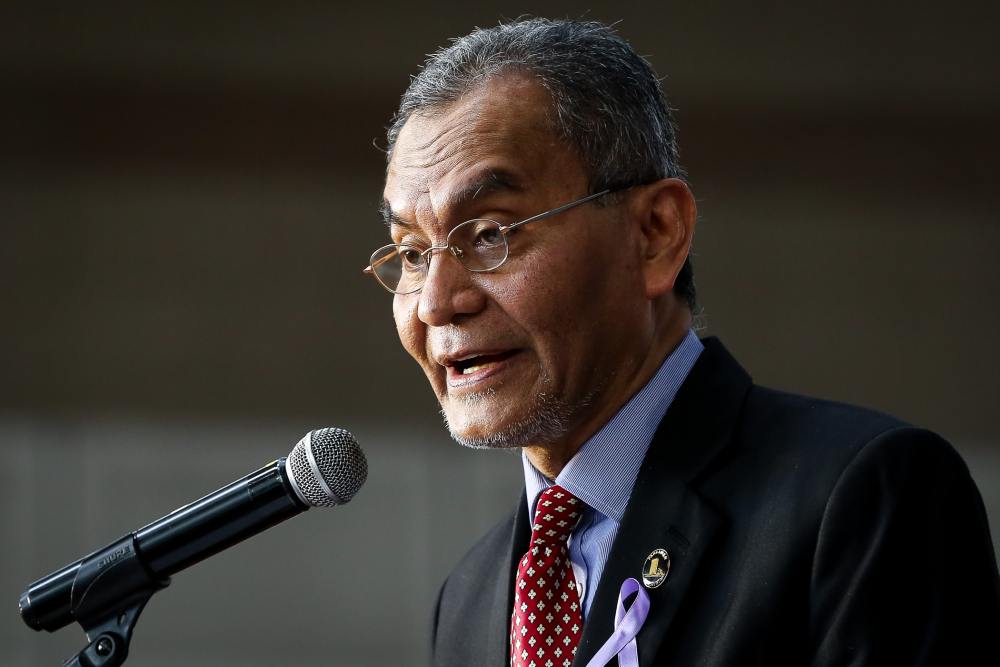KUALA LUMPUR, Feb 2 — Pakatan Harapan (PH) Immunisation Taskforce today expressed their concern over the European Union’s (EU) export controls on Covid-19 vaccines that could affect Malaysia.
In a statement today, taskforce chairman and former health minister Datuk Seri Dzulkefly Ahmad urged the European Union (EU) to respect the rights of developing countries to receive the Covid-19 vaccines they purchased.
He added that this policy created grave concerns about the rise of vaccine “nationalism” in producing countries.
“Pakatan Harapan urges the European Unions to respect developing countries rights of access to Covid-19 vaccines.
“We stand united with all developing countries, to urge vaccine producing countries to respect the sanctity of agreements signed between countries and vaccine companies and not to impose any restrictions on exports.
“In times of global pandemic, all countries must work together to resolve vaccine shortage in the spirit of the brotherhood of humanity, equal opportunities and sanctity of agreements,” he said in a statement today.
Dzulkefly also urged the government to explain the potential impact to Malaysia’s vaccine rollout, especially since Malaysia was initially expecting the first shipment of 144,000 Pfizer doses from Belgium is scheduled to be delivered to Malaysia this month, with the national Covid-19 vaccination programme targeted to start this month as well.
“The EU decision will inevitably affect Malaysia’s National Covid-19 Vaccination Programme.
“Pakatan Harapan Immunisation Taskforce urges the Malaysian Government to clarify the status and impact on the National Covid-19 Vaccination Programme. According to reports, Malaysia is not included in the list of over 120 countries exempted from tighter export restrictions on Covid-19 vaccines produced in the EU,” he said.
In addition to the initial Pfizer doses, Malaysia had also reportedly bought 6.4 million doses of AstraZeneca’s vaccines scheduled to be received as early as April for the next phase of vaccination.
Last week, the EU was reported to introduce export controls on coronavirus vaccines made in the bloc, amid a row about delivery shortfalls.
BBC reported that the so-called transparency mechanism gives EU countries powers to deny authorisation for vaccine exports if the company making them has not honoured existing contracts with the EU.
Under the EU’s new rule, vaccine firms will have to seek permission before supplying doses beyond the EU. Its 27 member states will be able to vet those export applications.
The EU is also in a supply dispute with Pfizer, which is set to fall short of the contracted vaccine volume for the EU by the end of March. Pfizer says the reason for that is the urgent expansion of its facility in Puurs, Belgium.
Malaysia had also entered an agreement to get vaccine from China linked Sinovac outside of the EU but it was still under clinical trial and yet to be approved by the National Pharmaceutical Regulatory Agency (NPRA).



















